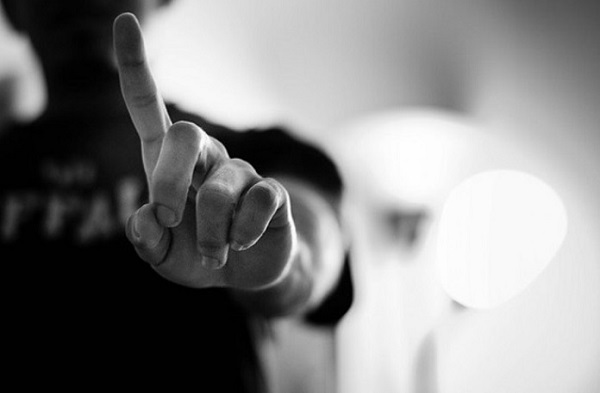The normality of ingratitude
28 July 2023It would seem that human behavior isn’t merely strange, but also unpredictable. It can’t easily be gauged and at times it’s surprising, inasmuch as it’s strange, weird and unnatural.
Is it not natural for the beneficiary to feel gratitude and to want, as far as possible and to the extent of their ability, to repay the benefaction? And yet, exactly the opposite might be the case.

In the book Wonderful events and advice from Elder Porfyrios, this response is recorded from the saint in answer to someone who asked him: “How is it possible for you to do a good turn for somebody and for them not merely to be ungrateful, but even to look at ways to do you harm?’. The holy Elder, who was well-acquainted with the diseased human mind and with the depths of the soul, replied that this is natural. To the astonishment of the questioner he replied:
‘Certainly, my friend. This is natural because, as long as you live, the other person will remember their debt and so will have to get rid you, if the debt’s going to go away. The same thing happened to me when someone who owed me money tried to do me harm and get me out of the way. This is natural behavior. This is why, when people do some good, it’s often better that they do so inconspicuously, so that the other person doesn’t feel obligated. They won’t know where the good deed originated, so gratitude can’t be transformed into vindictiveness, into evil, let’s say’.
The ’natural’ condition of ingratitude and vindictiveness isn’t, of course, natural except in this fallen world. But doesn’t the world ‘lie under the sway of the evil one?’.
In the end, if we know how susceptible and unstable human nature is, we’ll be careful and guard ourselves against disappointments and surprises which we neither expected or suspected. And we should keep a commensurate, healthy distance, so that we’re not unduly shocked when the phrase ‘No good deed goes unpunished’ is applied to us.
What parent or confessor would choose not to devote themselves to their children in the flesh or in the spirit for fear they might turn out to be ungrateful? We function on the basis of the here and now, of present needs, but also on the basis of love that has to be given without thought for the self.
No matter how much we’re on our guard, we won’t escape pain, especially those of us who gave themselves, who loved and made sacrifices. Christ experienced this pain from his own closest people, and yet he didn’t reject them but, instead, gave them the mighty authority to continue his work.
Over the course of life, it appears that it’s value is to be found at the end, not in its highs and lows. At the end of history, when the Lord will have the final word, we’ll know the reason for all the pain, disappointment and ingratitude which have come from where we least expected them, and we’ll cry from the bottom of our heart: ‘Thank you, God’.






